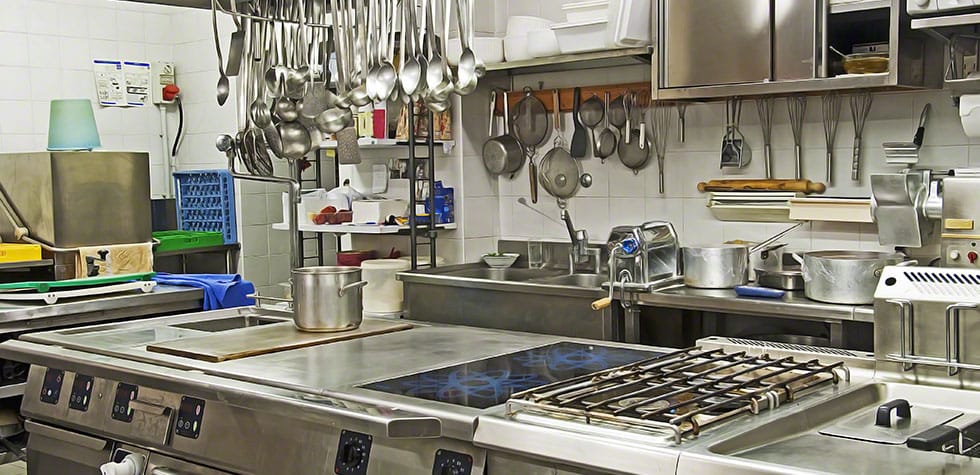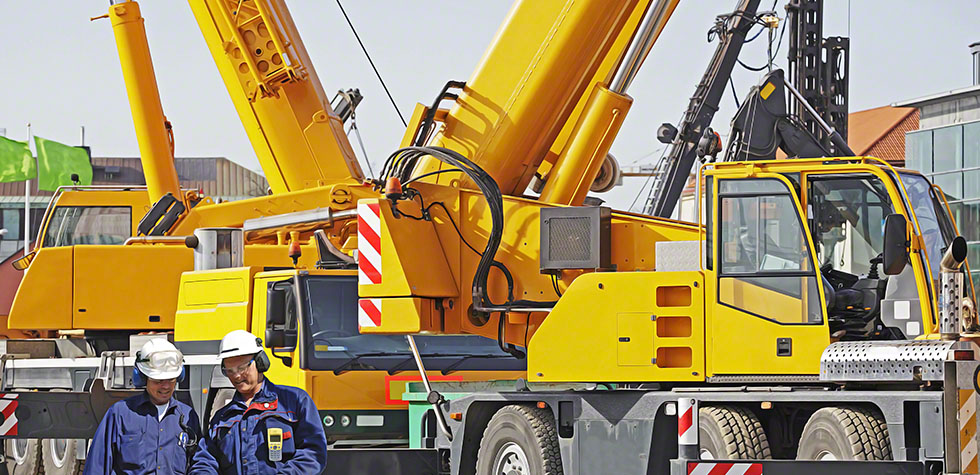Commercial dishwashers are essential kitchen appliances in the hospitality industry. They ensure that the food is always served on clean and germ-free dishes. This is why they schedule commercial dishwasher repairs and maintenance. However, one important factor that comes into play is the temperature requirements. There are two types of temperature settings according to the ANFI and NSF. It is important that you are familiar with these protocols to avoid any health concerns. Let’s discuss!
High-Temperature Setting
High temperature is important when it comes to using hot water for cleaning the dishes. Unlike cold water, hot water tends to remove visible impurities and bacteria, which can otherwise lead to the stomach being upset. According to the safety regulations, the high-temperature setting should be between 150-160 degrees for wash water. However, the rinse water temperature should be between 180 to 195 degrees.
There have been many cases in the past where customers have ended up eating spoiled food due to the dishes not being washed properly. This is primarily due to the fact that most business owners are not aware of the right temperature for removing bacteria. Since restaurants rely heavily on reputation, it is only important that business owners keep a strict eye on the right water temperature.
Low-Temperature Setting
On the other hand, the low-temperature setting should be between 120 to 150 degrees for both rinse and wash cycles. You need to keep in mind that both rinse and wash cycles are different. Most people confuse the terms and end up doing the opposite of the other.
If you are using water at this temperature, you are going to need chemical sanitizers to clean the dishes. With that said, you should follow the manufacturer’s recommendations when it comes to buying the perfect chemical sanitizer. Although they all might look the same from the outside but may cause damage if not compatible.
Chlorine is the most commonly used chemical. However, you need to make sure that the temperature does not rise above 150 degrees as chlorine becomes unstable.
Temperature Requirements
According to NSF, the temperature should be a minimum of 120 degrees for commercial dishwashers. Anything below 120 degrees is considered a health violation. Some local codes even require temperatures higher than 120 degrees.
The reason behind setting the temperature to at least 120 degrees is that several studies have shown poor wash results on temperatures below 120 degrees. Plus, animal fats begin to break down at a temperature of 138.5 degrees.
This means that if you are setting the temperature at 120 degrees, you are going to need additional chemicals to remove animal fat. On the other hand, if the temperature tends to be below 120 degrees, the residual grease and animal fat will be left behind. Not only can the grease transfer to the dishes but also make it inside the machine.
Another issue caused by below 120-degree temperatures is that the dishware comes out with smears and spots. Additionally, since the dishes will dry relatively slowly, water rings will form as well.
Using A Booster Heater
Some business owners also opt for booster heaters. These are basically 3-5 gallon tanks, designed to ensure that the final rinse water is hot enough for sanitizing. At the same time, the booster heater ensures that the sanitation regulations are met. However, booster heaters are not meant for low-temp dishwashers that run on 120 degrees or higher.
You can use booster heat if the final rise is not enough. Another benefit of booster heaters is that they can also help dry dishes, which saves you both time and money in the long run.
Choosing Between A Low Or High-Temperature
The decision to choose between a low or high-temperature setting depends on the type of business as well as the costs associated. If you are running a business that relies on excellent quality, you are going to need a high-temperature appliance that removes all the stains and bacteria. In addition to that, you can install a booster heater as well.
However, if the business demands low-temperature settings, you will need to use relatively more chemical sanitizers. Even though such temperatures run low costs, but chemical sanitizers can be an environmental hazard.
Final Word
When it comes to deciding the perfect temperature settings for your commercial dishwasher, you need to follow international and local safety regulations. The key to choosing the right temperature is that it should match your needs and preferences. If the appliance is not responding to temperature settings, call in a commercial appliances repair service. topac




